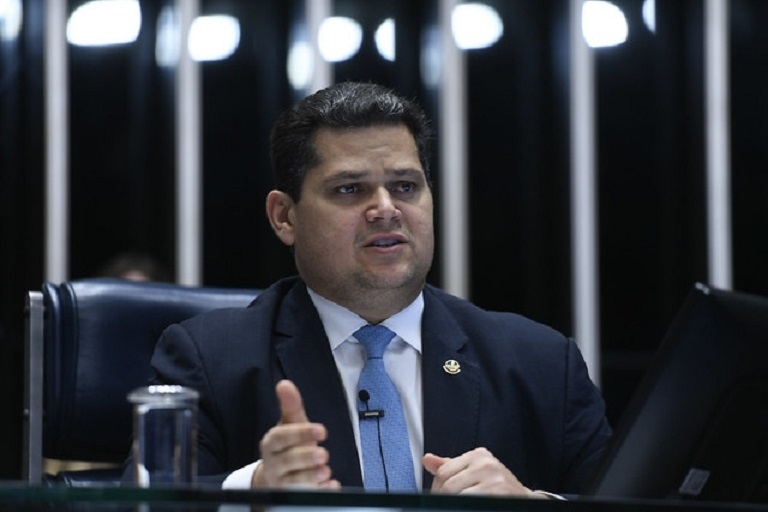

The topic of gaming and sports betting may return to the spotlight this week with the possible vote on Bill 1153/19, which updates the Pelé Law and that was reported by deputy Felipe Carreras. The parliamentarian proposed an update of the law, to make it equivalent to the Culture Incentive Law (Rouanet Law) and should discuss the allocation of part of the resources generated by sports betting to football clubs, in the form of royalties or image rights.
In a recent meeting with sports directors, the rapporteur Felipe Carreras was asked to include a clause in the Bill that directs part of the sports betting resources to clubs. With an eye on the potential annual revenue of R$ 25 billion (US$ 4.7b) in Brazil, they expect to receive part of the revenue from the sites.
“As a regulatory framework for betting is being created, we are trying to find ‘new’ money to promote the sport. The agenda is very important. It is an important source of revenue. We need to fight to have our share by right,” claims one leader.
“We accepted a good part of the ideas, some did not advance, others need a little more analysis. The most important thing is that clubs adhere to the agenda (reform of the Pelé Law), their willingness to add to this proposal. Whoever wins is the whole of Brazil, because football is a heritage of our country,” stated Felipe Carreras.
In the specific case of betting, one of the rapporteur's concerns is with betting integrity. An auditing firm, chosen through a bidding process, would monitor the fairness of match results. Topics such as the issue of players traded with teams from abroad and their relationship with the training clubs were also on the agenda. “Others need a little more analysis, such as the labor issue that involves athletes in training aged between 12 and 14 years,” claims Carreras.
Nursing and gaming income
The Proposed Amendment to the Constitution (PEC) that establishes a salary floor for the nursing category should also be considered. Parliamentarians defend the approval of the regulatory framework for gaming in Brazil and that part of the revenue be directed to finance the new floor.
A bill providing for the minimum wage for the category had already been approved by the National Congress. However, the proposal was not even forwarded by the Chamber of Deputies for presidential sanction, as there was fear of a veto by Jair Bolsonaro (PL) or even of lawsuits. This was because there was a risk that the proposal could be a defect of initiative.

With the PEC, the discussion will resume and among the supporters of the thesis of using resources from gaming is the former president of the Senate, Davi Alcolumbre (União Brasil-AP), appointed rapporteur of Bill 442/91 in the House. For him, “inevitably” the release of the gaming sector will be one of the sources of the new floor. The speech generated a great discussion between parliamentarians for and against gaming.
"There is even a proposal in this House, because the bill that authorizes gaming in Brazil will inevitably be a source of revenue not only to meet the floor because we have insurance there, in the transfer of the FPM [Fund for Participation of Municipalities] and from the FPE [State Participation Fund] for the states, more than R$ 6.5 billion (US$ 1.25b) more," stated Alcolumbre.
Source: GMB